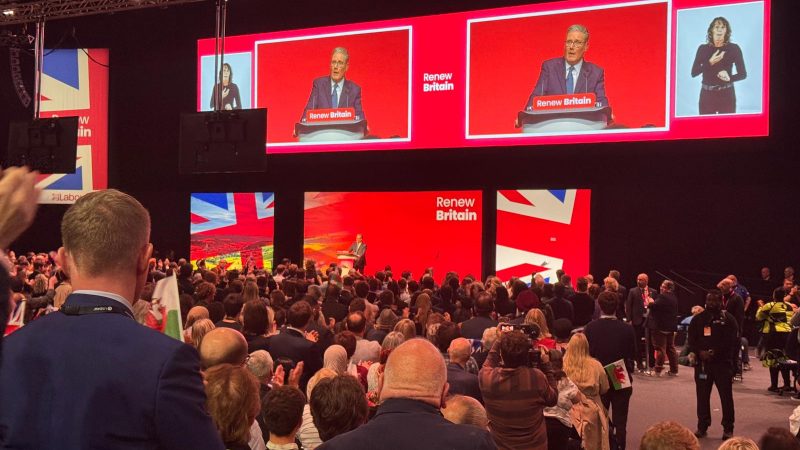
Labour members favour keeping the ‘one member, one vote’ system for electing its party leaders, exclusive polling has revealed.
The poll, conducted by Survation, shows that more than half of party members want to retain the existing system for electing the Labour leader.
A total of 59% of members want to keep “one member, one vote”, while just 16% prefer moving back to the electoral college system, which was weighted to give bloc voting rights to MPs and unions.
One in four (25%) members did not know which option they prefer, suggesting the debate is still live within the party.
Subscribe here to our daily newsletter roundup of Labour news, analysis and comment– and follow us on Bluesky, WhatsApp, X and Facebook.
It comes as debate continues to rage within the party over the rules for electing party leaders.
The move to “one member, one vote” was brought in under Ed Miliband’s tenure as leader, and was widely seen as sidelining the voice of MPs and unions in the decision.
Jeremy Corbyn was the first leader to be elected under the new rules, which saw him ushered in with a landslide majority in 2015.
But since Keir Starmer assumed the party leadership, the debate has been reopened as to whether this is the best system for electing the party’s top brass.
Rebecca Long-Bailey’s backers in the 2020 leadership election were the likeliest to support keeping the current system at 67% against 13%, compared to 57% among those who backed Keir Starmer.
The poll is the latest in a series of regular polls LabourList is publishing in partnership with leading pollsters Survation, a member of the British Polling Council and a Market Research Society Partner.
Survation surveyed 1,254 readers of LabourList, the leading dedicated newsletter and news and comment website for Labour supporters, who also said they were Labour Party members between September 23 and 25.
Data was weighted to the profile of party members by age, sex, region and 2020 Labour leadership vote, targets for which were derived from the British Election Study and the results of the 2020 leadership election.
Share your thoughts. Contribute on this story or tell your own by writing to our Editor. The best letters every week will be published on the site. Find out how to get your letter published.
-
- SHARE: If you have anything to share that we should be looking into or publishing about this story – or any other topic involving Labour– contact us (strictly anonymously if you wish) at [email protected].
- SUBSCRIBE: Sign up to LabourList’s morning email here for the best briefing on everything Labour, every weekday morning.
- DONATE: If you value our work, please chip in a few pounds a week and become one of our supporters, helping sustain and expand our coverage.
- PARTNER: If you or your organisation might be interested in partnering with us on sponsored events or projects, email [email protected].
- ADVERTISE: If your organisation would like to advertise or run sponsored pieces on LabourList‘s daily newsletter or website, contact our exclusive ad partners Total Politics at [email protected].




More from LabourList
‘Turning public services around: Haringey’s story of child protection’
‘Can Labour turn the green tide back to red?’
Tom Belger column: ‘Why is Labour making migrant exploitation easier?’